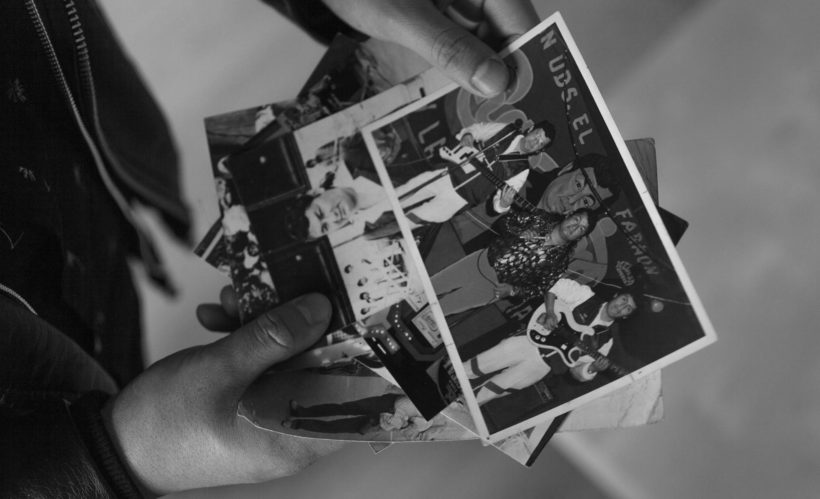He spent flamenco in Spain. With the music of Buena Vista Social Club in Cuba. Without going any further, with jazz in the United States. Musical genres of popular extraction and hot blood, reviled at first by the wealthy classes and to which the gods of music ended up recognizing their place in history. If flamenco had its cicerone in Mario Pacheco in the 80’s, Jalo Nuñez del Prado (Lima, 1986) pretends to do the same with Peruvian chicha: fight for this genre to come to light. Why its importance be recognized.
Nunez del Prado has been working for a year and a half engaged in the crusade of spreading, but, above all, to restore dignity to this genre. The producer and founder of the independent stamp fair in Lima has traveled Peru recovering and inventing the sound of chicha, so that “the importance of this music in the Peruvian national identity is recognized,” he explains. “In Peru, chicha is associated with marginality, delinquency, violence … is something that has been happening with time. A class rejection that prevents seeing the potential value of the music itself, which is very high, “he says.
The chicha was in the 80’s a music industry capable of selling 200,000 copies in one stroke. Also, to generate authentic idols like Idols like Los Shapis, Alegría Group, Red Paint or Lorenzo Palacios Quispe, the mythical Chacalón, “that today has a park to his name and whose tomb becomes, the days of its birth, in a place of mass pilgrimage, “he recalls. A place where hundreds of devotees ask for their wishes among songs, beers and dances.
In the 1980s there was a massive migration from the Andes to Lima. The migrants, however, never came to integrate, and it was from their nuclei in the periphery (that belt of fire to which the writer José María Arguedas referred) that this music began to be born. “A music that spoke of the customs, with an integrating eagerness, and with a great purity”, explains Nuñez of the Prado. Letters that speak of inflation and terrorism of the 80s; orphans, shoe shiners, and truckers. From there arose musicians like Chacalón.
More than a cumbia musician, Chacalón would prefer to call himself a chichero. Chicha is a Peruvian that names many things, from the drink of the Incas made from fermented corn, to a way of being in the world. “It’s a whole culture. It refers to disorder and popular overflow, drunkenness and chaos, but also a way of appropriating and at the same time mocking the Western, “said Alfredo Villar, a Peruvian art historian involved in the project. “Despite using Western instruments and rock and roll like electric guitar or bass, has an element of indomestizo in the depths of his blood,” Villar explains. “That mixture of delicacy and strength, of the local and the cosmopolitan, is part of his secret of seduction on the masses.” That’s chicha.

